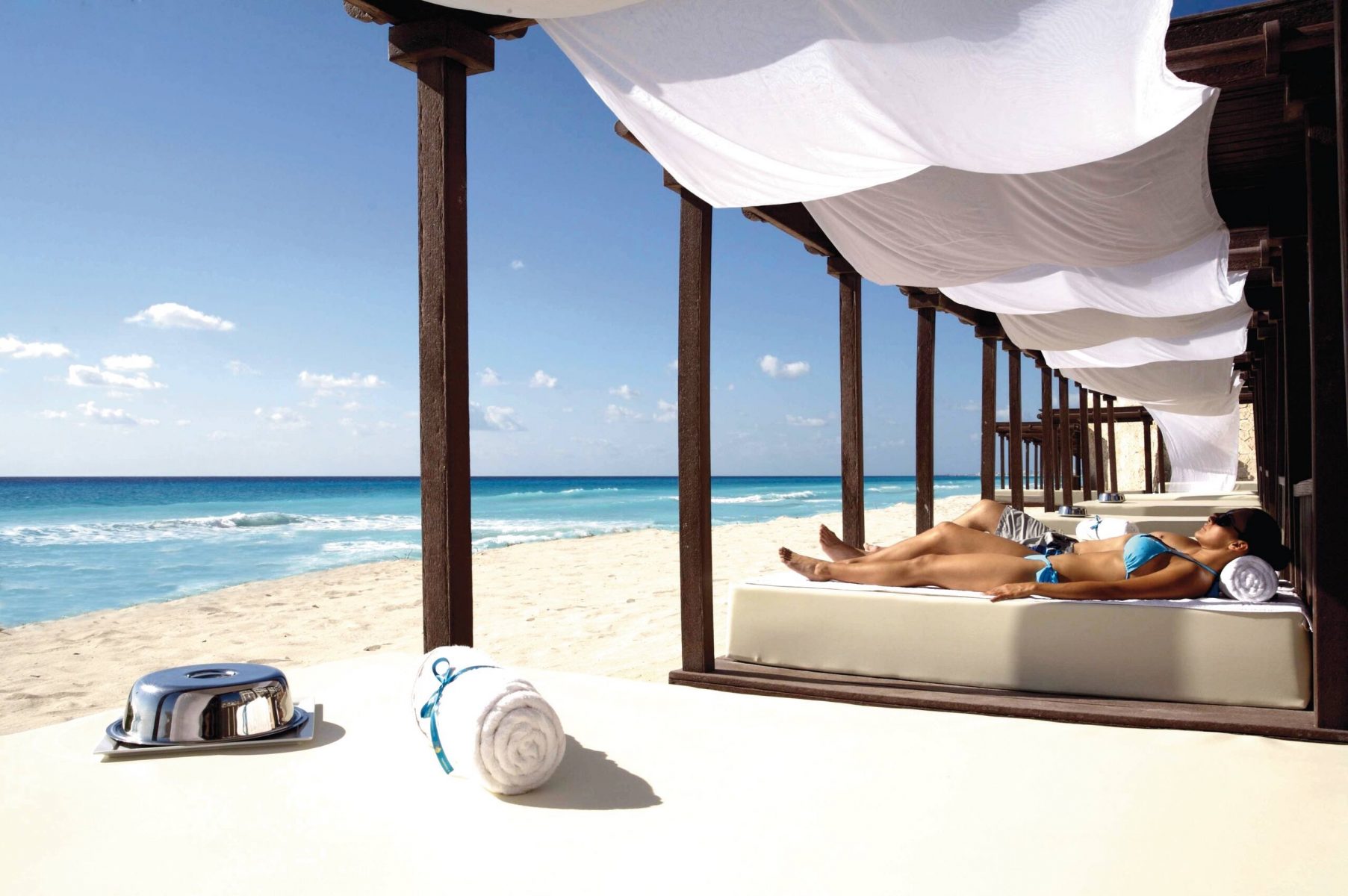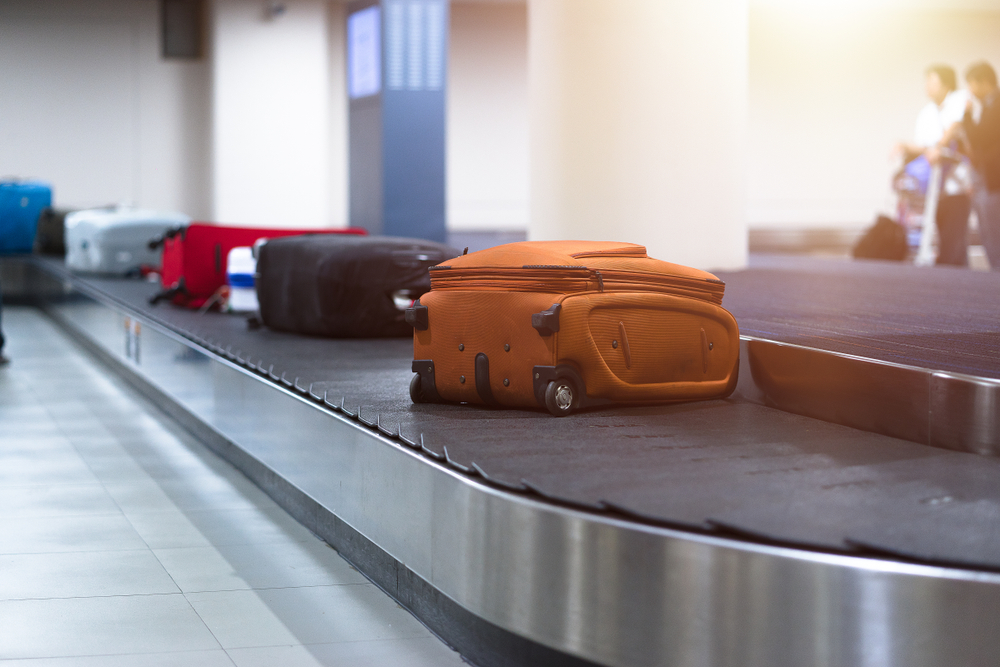Credit card comparison: Chase Sapphire Preferred vs Chase Freedom
Signing up for credit cards through partner links earns us a commission. Terms apply to the offers listed on this page. Here’s our full advertising policy: How we make money.
Update: One or more card offers in this post are no longer available. Check our Hot Deals for the latest offers.
Here at Million Mile Secrets, our favorite flexible rewards program is Chase Ultimate Rewards. With Chase Ultimate Rewards, there are multiple ways to earn points you can redeem for travel nearly anywhere in the world.
Chase has a number of different cards to choose from, and it can be difficult to decide where to begin. So we’re going to compare two of the most popular Chase cards for beginners – the Chase Freedom® and the Chase Sapphire Preferred® Card (that comes with a welcome offer worth $800 in cash!).
Both cards have good sign-up bonuses, so choosing the right card for you will depend on which card perks make the most sense for your unique situation.
We’ll also go over how you can pair the two cards for even more travel. Lots of folks use both the Freedom and Sapphire Preferred to maximize the Ultimate Rewards points they earn.
Here’s our Chase Freedom vs Chase Sapphire Preferred showdown!
The information for the Chase Freedom card has been collected independently by Million Mile Secrets. The card details on this page have not been reviewed or provided by the card issuer.

Which card is better? Chase Freedom vs Chase Sapphire Preferred
Best sign-up bonus
One of the fastest and easiest ways to earn miles and points for free travel is by earning sign-up bonuses from new credit cards.
The Chase Sapphire Preferred card offers 80,000 Chase Ultimate Rewards points after you spend $4,000 on purchases in the first three months from account opening.
This sign-up bonus is worth $1,000 in travel (1.25 cents per point) when you redeem your points through the Chase Ultimate Rewards travel portal. And you can get potentially much more value when you transfer Ultimate Rewards points to Chase transfer partners like United Airlines, Hyatt and Singapore Airlines.
You can also redeem the 80,000 points you earn for $800 in cash. Which isn’t too shabby either!
In comparison, with the Chase Freedom card, you’ll earn $150 (15,000 Chase Ultimate Rewards points) after you spend $500 on purchases in your first three months from account opening.
Winner: Chase Sapphire Preferred
Looking strictly at the value of sign-up bonuses alone, the Chase Sapphire Preferred is the clear winner.
Best points earning
Both the Chase Sapphire Preferred and Chase Freedom cards earn Chase Ultimate Rewards points, but they earn them in different ways. The points you earn with the Chase Sapphire Preferred are worth more when you redeem them for travel through Chase’s travel portal.
With the Chase Sapphire Preferred, you’ll earn:
- 2x Chase Ultimate Rewards points per dollar you spend on travel and dining worldwide
- 1x Chase Ultimate Rewards point per dollar you spend on everything else
And with the Chase Freedom, you’ll earn:
- 5% back (5x Chase Ultimate Rewards points per dollar) on up to $1,500 in spending in rotating categories each quarter when you activate the bonus
- 1% back (1x Chase Ultimate Rewards points per dollar) on everything else
If you can spend $1,500 per quarter ($6,000 per year) in popular rotating 5x bonus categories (which in the past have included restaurants, gas stations, department stores and Amazon) you can potentially earn more cash back (or Ultimate Rewards points!) with the Freedom. That’s because you’ll earn $75 cash back each quarter ($1,500 X 5%), for a total of $300 cash back (or 30,000 Chase Ultimate Rewards points) per year ($75 x 4 quarters).
In comparison, you only earn 2x Chase Ultimate Rewards points on travel and dining and 1x points on everything else with the Sapphire Preferred. But for some, the hassle of tracking rotating categories with the Freedom isn’t worth it, so having the Sapphire Preferred makes more sense.
Just remember, you can’t transfer the Ultimate Rewards points you earn with the Chase Freedom to Chase’s airline and hotel partners unless you have other certain Ultimate Rewards earning cards, like the Chase Sapphire Preferred, Chase Sapphire Reserve, or Ink Business Preferred Credit Card. Ideally, you’d pair your Freedom with one of these other cards.
Winner: It’s a toss-up
This one depends on your spending habits and how you plan to use your rewards. If you’re only interested in cash back and can maximize the Freedom’s quarterly 5% bonus categories, the Freedom is the better choice. If you spend a lot on travel and dining, don’t want the hassle of dealing with rotating categories and want to use your rewards for travel, you should go with Chase Sapphire Preferred. In fact, it’s our #1 pick for the best first credit card for beginners.

Best redemption value
The points you earn with the Chase Freedom are straightforward to redeem because each point is worth 1 cent each in cash back, travel booked through the Ultimate Rewards portal or gift cards. For example, if you spend $1,000 on the card, you’ll earn $10 back.
With the Chase Sapphire Preferred, however, your points are worth 1.25 cents a piece when you redeem them for travel through the Chase Travel portal. For example, if you spend $1,000 on the card, you’ll earn $12.50 in travel.
Your points are worth even more when you transfer Chase Ultimate Rewards points at a 1:1 ratio to Chase’s great airline and hotel partners.
With the Chase Sapphire Preferred card, you can redeem your Chase Ultimate Rewards points for cash back (1 cent per point) or paid travel through the Chase Ultimate Rewards travel portal (1.25 cents per point).
Best travel protection benefits
If you’ll be traveling often, consider the insurance and protection benefits each card provides. Delays, cancellations, and mishaps can happen despite our best intentions.
The Chase Sapphire Preferred offers excellent travel protections, including:
- Primary car rental insurance – Covers damage due to theft or collision to your rental car, when you pay for the rental with your card
- Trip delay reimbursement – Get up to $500 back per ticket when your trip is delayed more than 12 hours
- Trip cancellation / interruption – Up to $10,000 per covered trip
- Baggage delay – Up to $100 per day for a maximum of five days when your bags are delayed for six hours or more hours
The Chase Freedom doesn’t offer the same travel protection perks.

Best annual fee
The Chase Freedom has NO annual fee, while the Chase Sapphire Preferred has a $95 annual fee.
Winner: Chase Freedom
Best foreign transaction fees
With the Chase Sapphire Preferred, you never have to worry about foreign transaction fees. However, the Chase Freedom charges a foreign transaction fee.
Winner: Chase Sapphire Preferred
Best worldwide acceptance
The Chase Sapphire Preferred and Chase Freedom are both Visa cards, so they’ll both be equally accepted around the world.
Winner: It’s a tie
Bottom line
The Chase card you choose really should reflect your personal spending habits and your travel goals.
If you don’t want to pay an annual fee and like the simplicity of earning cash back, the Chase Freedom is a great choice.
But for most folks, the Chase Sapphire Preferred is a better deal because it beats the Chase Freedom in most aspects. The Chase Ultimate Rewards points earned with the Sapphire Preferred are more valuable because of the better redemption rate you get through the Chase Ultimate Rewards portal or by transferring points to airline and hotel partners.
Which of these cards have won a spot in your wallet? Or do you have both? Let us know in the comments.
And don’t forget to subscribe to our newsletter for more tips and tricks to unlock free travel.
Editorial Note: We're the Million Mile Secrets team. And we're proud of our content, opinions and analysis, and of our reader's comments. These haven’t been reviewed, approved or endorsed by any of the airlines, hotels, or credit card issuers which we often write about. And that’s just how we like it! :)






Join the Discussion!